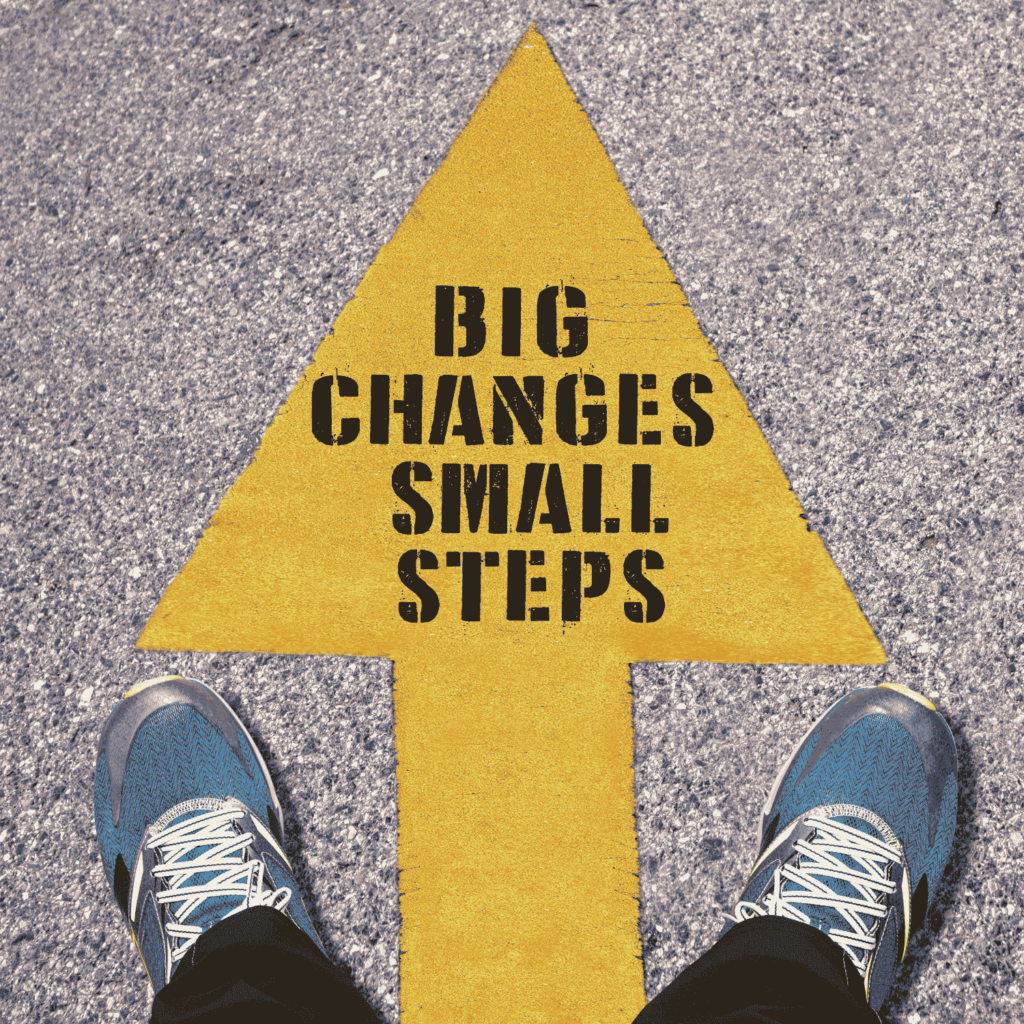
In a world that glorifies hustle culture and nonstop productivity, rest often takes a backseat. Many of us believe that working harder and longer is the key to success, but this mindset can lead to burnout, reduced efficiency, and even health problems. Let’s explore why rest is not only important but essential for productivity and overall well-being.
As Arianna Huffington, founder of The Huffington Post, aptly said, “We think, mistakenly, that success is the result of the amount of time we put in at work, instead of the quality of time we put in.” Rest is not a luxury; it is a necessity for peak performance.
Understanding Rest and Its Role in Productivity

Rest isn’t just about lying on the couch or taking long vacations—it’s about intentionally giving your body and mind the chance to recharge. Rest can take many forms, including sleep, short breaks during the day, and even mental detachment from work. When incorporated into your routine, rest can enhance focus, creativity, and energy levels.
According to research published in “Harvard Business Review”, taking regular breaks during the workday can improve decision-making skills and boost creativity. Continuous work without rest can lead to diminishing returns, where the more you push yourself, the less productive you become.
The Science Behind Rest and Productivity
Cognitive Recharge
Your brain has limited resources for sustained attention and decision-making. Studies have shown that taking breaks allows the brain to recover and perform better over time.

Improved Memory and Learning
Rest isn’t just about pausing work; it also plays a role in consolidating learning. Sleep, in particular, helps solidify memories and improve problem-solving skills.

Stress Reduction
Chronic stress can impair productivity by affecting concentration, mood, and overall health. Rest reduces cortisol levels, helping the body return to a balanced state.

Boosted Creativity
Rest allows your subconscious mind to process information, which can lead to innovative solutions. Ever noticed how great ideas often strike you during a walk or while showering? That’s rest at work!

Different Types of Rest

1. Physical Rest
This includes activities that allow your body to recover, such as sleep, napping, or gentle exercises like yoga and stretching. Aim for 7–9 hours of sleep per night, as recommended by the National Sleep Foundation.

2. Mental Rest
Mental rest involves stepping away from tasks that require intense focus. Simple activities like daydreaming, meditating, or listening to calming music can help.

3. Social Rest
If you’re constantly surrounded by people or engaging in social interactions, taking time for solitude can be restorative.

4. Sensory Rest
In a world filled with screens and constant notifications, reducing sensory input by disconnecting from technology or spending time in nature can help reset your mind.

5. Emotional Rest
This involves allowing yourself to express and process emotions freely. Journaling, therapy, or talking to a trusted friend can provide emotional clarity.
How Rest Boosts Productivity
Enhanced Focus
Rest prevents mental fatigue, enabling you to concentrate on tasks without feeling overwhelmed. As author Daniel Levitin stated in “The Organized Mind”, “Taking breaks is not a sign of laziness, it is an essential part of efficiency.”

Higher Quality Work
A well-rested mind is less prone to errors and more likely to produce high-quality output.

Increased Energy Levels
Proper rest refuels your energy, allowing you to approach tasks with enthusiasm and vigor.

Better Time Management
Rest helps you prioritize tasks effectively. When you’re not exhausted, you can allocate your energy to what truly matters.

Resilience Against Burnout
Rest acts as a buffer against burnout, ensuring that you maintain a sustainable level of productivity over time.

Simple Ways to Incorporate Rest

1. Prioritize Sleep
Sleep is non-negotiable for productivity. Create a bedtime routine, avoid screens before bed, and ensure your sleeping environment is comfortable.

2. Take Micro-Breaks
Incorporate short breaks throughout your day. Use the Pomodoro Technique, which alternates 25 minutes of work with 5 minutes of rest, to stay fresh.

3. Practice Mindfulness
Dedicate a few minutes each day to mindfulness or meditation. Even a brief moment of stillness can reset your mind.

4. Schedule Downtime
Treat rest as an essential task on your calendar. Whether it’s an afternoon walk, a power nap, or time spent reading, schedule it in like you would a meeting.

5. Embrace Nature:
Spending time outdoors can lower stress and rejuvenate your mind. A walk in the park or even tending to plants at home can be incredibly restorative.

6. Unplug Regularly
Reduce digital fatigue by setting boundaries with your devices. Consider having a “no-screen hour” each day to give your eyes and mind a break.
Overcoming Guilt Around Rest
One of the biggest barriers to embracing rest is guilt. Many of us feel that taking a break is “wasting time” or that we’ll fall behind. However, rest isn’t about laziness—it’s about working smarter, not harder.

As productivity expert Chris Bailey notes in “The Productivity Project”, “Resting is not about being unproductive. It’s about being the most productive version of yourself when you’re working.” Changing your mindset around rest can make it easier to incorporate into your life.
Real-Life Examples of Rest and Success
Some of the most successful people attribute their achievements to their ability to balance work with rest. Bill Gates is known for taking “Think Weeks,” where he isolates himself to rest and reflect. Similarly, LeBron James prioritizes sleep and recovery to maintain peak athletic performance.
If these high achievers understand the value of rest, shouldn’t we follow their lead?
Challenge yourself to embrace rest as part of your productivity toolkit.

Start small:
- Take a 5-minute break every hour during your workday.
- Commit to going to bed 30 minutes earlier than usual.
- Unplug from technology for 20 minutes before bedtime.
Notice how these small changes affect your energy, focus, and productivity.
Rest is a powerful tool, not a sign of weakness. By giving your body and mind the downtime they need, you’ll not only improve your productivity but also enhance your overall quality of life. As Maya Angelou once said,

Take this reminder to heart and let rest become an integral part of your journey to wellness and success. On this day, honor your need for rest and watch how it transforms your productivity and well-being.





